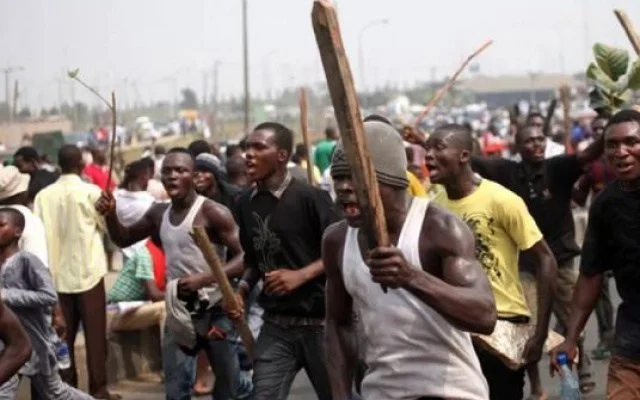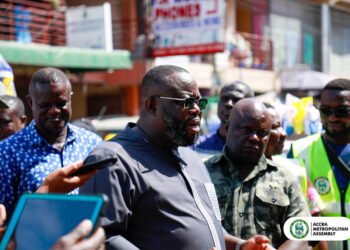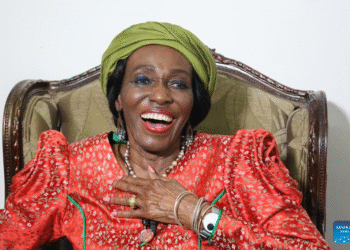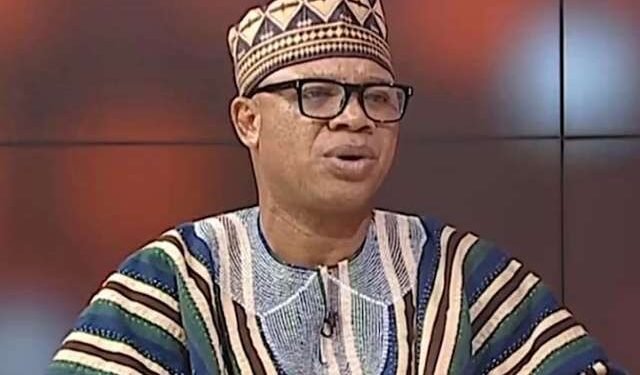The debate over public service appointments and their legitimacy under different administrations has again taken centre stage in Ghana’s political discourse.
In recent times, there have been mixed reactions to the NDC government’s decision to terminate public/civil service appointments or recruitments made by the previous NPP regime after December 7, 2024.
The new administration’s major argument is that these appointments did not adhere to due process and were largely influenced by partisan considerations.
Expectedly, the move has sparked resistance from key figures within the NPP, including Dr Mahamudu Bawumia, the party’s flagbearer and former Vice President, as well as Majority Leader Hon. Alexander Kwamena Afenyo-Markin.
Both have criticized the new administration’s decision, arguing that such terminations could be disruptive, unfair, and politically motivated.
Yet, as seasoned legal practitioner and good governance advocate Samson Lardy Anyenini aptly observes, the outcry from the NPP over this matter seems rather ironic, if not outright hypocritical.
His candid reflections on the issue expose the entrenched culture of political vengeance in Ghana, which continues to hinder national progress.
Samson Lardy Anyenini did not mince words when addressing the NPP’s outrage. He underscored the stark reality that the very individuals and party now complaining were themselves guilty of similar or even worse practices when they were in power.
“If you are not a consummate journalist et al, it may be difficult to sympathize with the NPP as they complain about wrongs, especially to Akufo-Addo regime appointees/recruitments. They are so terribly guilty of these and not fit to cast the first stone.”
Samsom Lardy Anyenini, Seasoned Legal Practioner
His comments underscored the double standards in Ghanaian politics, where parties conveniently forget their own misdeeds the moment they transition into the opposition.
It is this cycle of selective amnesia that perpetuates a culture of political retaliation, where incoming governments see it as a right, even a duty, to undo the appointments of their predecessors.
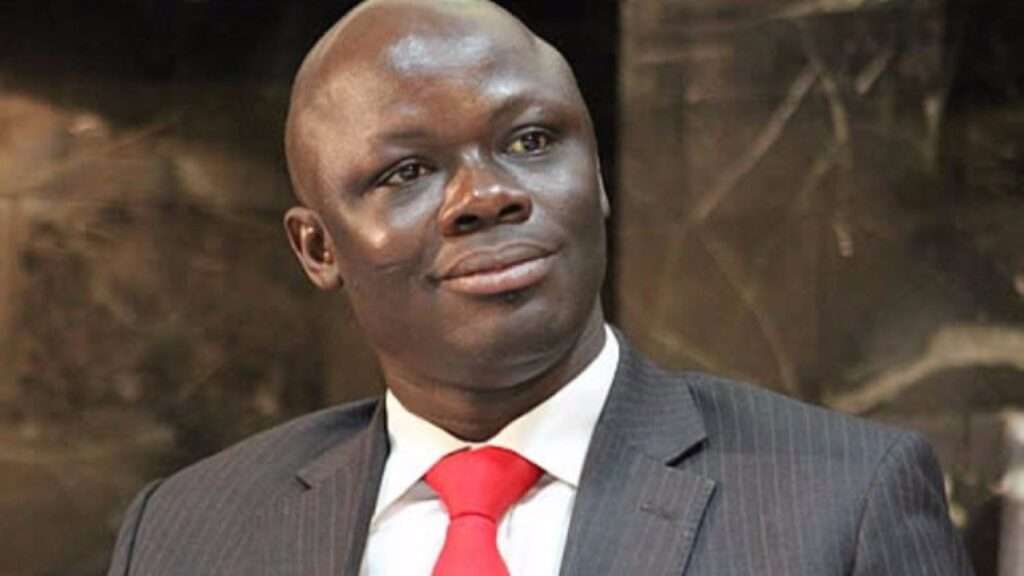
Samson Anyenini’s critique went beyond the NPP’s grievances—it is an indictment of the broader “so-called political class” in Ghana.
He pointed out the absurdity of opposition figures, who previously dismissed similar complaints from critics, now seeking public sympathy and media attention.
According to to Samsom their attempts to paint themselves as victims of political persecution seem disingenuous, given their track record.
“It may sound funny as they court media attention and even worse, attempt, I don’t know, a stampede or ‘blackmail’ trying to accuse media houses or journalists of not doing enough about some matter or complaint”.
Samsom Lardy Anyenini, Seasoned Legal Practioner
The seasoned journalist’s blunt remarks reflect the frustration of many Ghanaians who have witnessed successive governments engage in the same blame game while failing to prioritize governance over politics.
The Politics of Hypocrisy and Selective Justice
While the NPP’s complaints may be hypocritical, Samson Anyenini acknowledged that they are not entirely baseless.
He noted that some of their grievances if assessed objectively, have merit—just not by the standard they set while in government.
“But it is easy to share in their cries if you hate injustice and the ugly partisanship that threatens this democratic project. Some of their complaints are genuine, but only if measured in the scales of justice, good conscience, and good governance – and not by their own standards while in government.”
Samsom Lardy Anyenini, Seasoned Legal Practioner
Samson Anyenini expressed cautious optimism that President John Dramani Mahama could chart a different course.
He described President Mahama as “naturally measured,” suggesting that he may be more inclined to uphold principles of fairness and good governance, rather than engaging in outright political vengeance.
“Ghana’s progress should not be hindered by the flaws of the NPP or NDC, and the cycle of retaliation must end. President John Mahama appears naturally measured, and this could be the starting point for change, even if there’s no guarantee of reciprocity in the future, for God and Country.”
Samsom Lardy Anyenini, Seasoned Legal Practioner
This statement speaks to a deeper issue—justice should not be partisan. If recruitment processes under the Akufo-Addo administration were flawed, they should be corrected.
However, if the Mahama administration engages in a similar wave of politically motivated dismissals, the cycle of injustice will only persist.
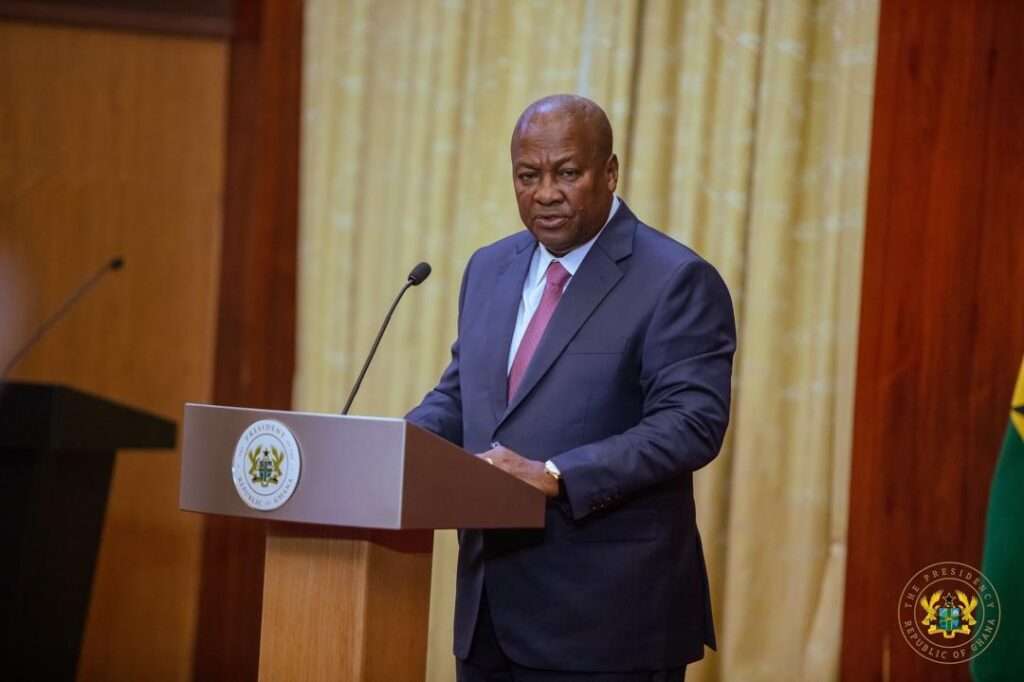
This is where Ghana’s political leaders must rise above partisan instincts. The nation’s progress should not be shackled by the NPP’s past transgressions or the NDC’s retaliatory impulses.
Governance should be guided by fairness, legality, and the best interests of the nation, not the political whims of the ruling party.
While President Mahama’s political history does not guarantee that he will completely resist the temptation of partisan purging, his leadership presents an opportunity to break the vicious cycle.
If he prioritizes competence and due process over party loyalty, Ghana could take a significant step toward a more stable and professional civil service.
Beyond the immediate controversy, Samson Anyenini’s reflections extend to a broader vision for Ghana—a nation where governance is driven by justice, equality, and progress, rather than political vendettas.
“I have a dream – I have a dream of a Ghana where the Black Star of Africa shines brightly, guided by the principles of justice, equality, progress, and all that is envisaged in the preamble of the Constitution and the directive principles of state policy.”
Samsom Lardy Anyenini, Seasoned Legal Practioner
This dream resonates with many Ghanaians who are weary of the endless political tit-for-tat. If the country is to move forward, both the NPP and NDC must commit to governance that transcends partisan interests.
Civil or public service appointments should be based on merit and due process, not on which party happens to be in power.
READ ALSO: Metlen Energy’s Investment in Ghana Bauxite Gains Momentum



